Today, June 5, is World Environment Day. This annual day was created by the United Nations Environment Programme (UNEP) to celebrate the beauty of the planet. This year's theme is "Connecting People to Nature." They are hoping to get people out for hikes and exploration... and then to have them share those adventures on social media with the hashtag #WithNature.
Trump wants to leave
President Trump feels that leaving the Paris Agreement will help protect American workers and businesses. (Getty Embed)
This year, however, there is another unofficial theme to go with World Environment Day. That's because many people are still coming to terms with President Trump's decision to remove the United States from the Paris Agreement last Thursday. This is a worldwide climate treaty that was signed last April by 196 countries, including the United States (under then-president Barack Obama). Only Syria and Nicaragua didn't sign it. For more information, here's a primer on the agreement.
Trump's decision to leave was applauded by his supporters and some Republicans (the political party to which he belongs). But it was also met with reactions of dismay, frustration, and anger from across the globe, as well as from many Americans.
Why did he do it?
A White House staff member holds the president's speech on leaving the Paris Agreement. (Getty Embed)
President Trump based this decision on a belief that the Paris Agreement was unfair to America, especially to its economy (or its businesses and workers). As he said in his speech, the agreement put America "at a very very big economic disadvantage." He claims that following the regulations would mean that many energy resources (such as oil and coal) would go unused. Basically, America has one of the largest economies and energy demands in the entire world. To meet the goals of the agreement, it has far more to lose than nearly all other nations.
Instead, he wants to try to renegotiate (or discuss and adjust) the agreement with the world's leaders. This approach fulfills a campaign promise to defend American workers, especially those in traditional fields such as coal and automobiles (both of these are big carbon producers and would be affected by the agreement).
Why people are upset
French president Emmanuel Macron responds to Trump's decision. (Getty Embed)
There have been many critical reactions to Trump's decision, including from other world leaders (such as Prime Minister Trudeau and German Chancellor Merkel), business leaders (Space X owner Elon Musk quit a White House advisory panel in protest), and everyday citizens. Here are the main issues they bring up:
- America needs to help lead: Because it is such a powerful country (as well as the second largest producer of carbon annually), America needs to do its part. Being in this agreement sets a global example. What's more, all of the other big producers of carbon are on board, including world number one, China.
- Leaving actually hurts American business: Yes, the Paris Agreement would affect industries such as coal and oil. But by leaving the agreement and sticking to these businesses, America would let other countries take the lead in clean energy, like solar and wind. These technologies are already creating millions of jobs around the world. This is why hundreds of business leaders signed documents asking Trump to stay. French president Emmanuel Macron even sent a message to American inventors encouraging them to come work in France!
- It is 100% voluntary: The Paris Agreement isn't law and doesn't punish countries if they don't meet their goals. Instead it is a pledge to work together to solve a problem. Nations choose how they want to adjust their businesses and economies to reach their carbon targets. In other words, there was no harm in trying to find ways to meet these targets.
- The science is overwhelming: Above all, the science still suggests that unless we meet the carbon targets of the Paris Agreement, the world will experience irreversibly rising seas, as well as extreme drought and severe weather.
Is Trump the final word?
In Trump's speech, he said that he was "elected to represent the citizens of Pittsburgh, not Paris." But Pittsburgh's mayor, Bill Peduto, said that Trump was likely thinking of "Pittsburgh maybe 40 years ago", when it was a centre of steel production. He says the city has changed and wants to meet the goals of the Paris Agreement. (Getty Embed)
No, and this is where it all gets very interesting. Sure, Donald Trump and his government make policies and laws that affect the whole country. But from politicians to business leaders, many powerful Americans stated quickly that they were still committed to the Paris Agreement. This can mean everything from a city building greener public transit, businesses investing in clean technology innovation, or states choosing to build more clean energy plants.
All of this means that this story is not over. While many people are feeling disappointed, it is clear that many Americans still want to be involved in this agreement.
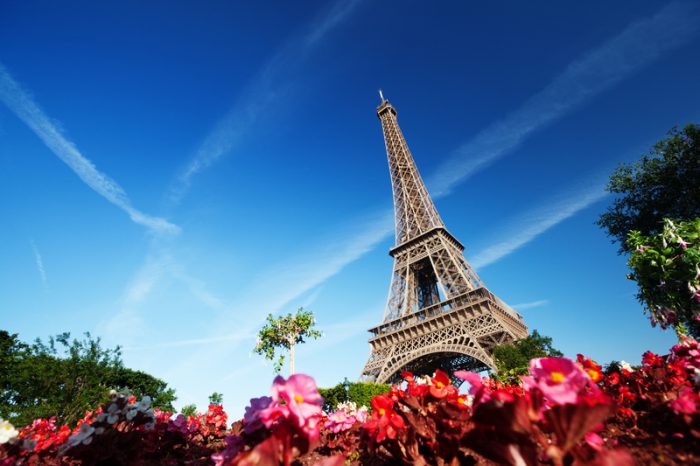 Trump's decision to leave the Paris Agreement caught the attention of the world. (© Iakov Kalinin | Dreamstime.com)
Trump's decision to leave the Paris Agreement caught the attention of the world. (© Iakov Kalinin | Dreamstime.com)


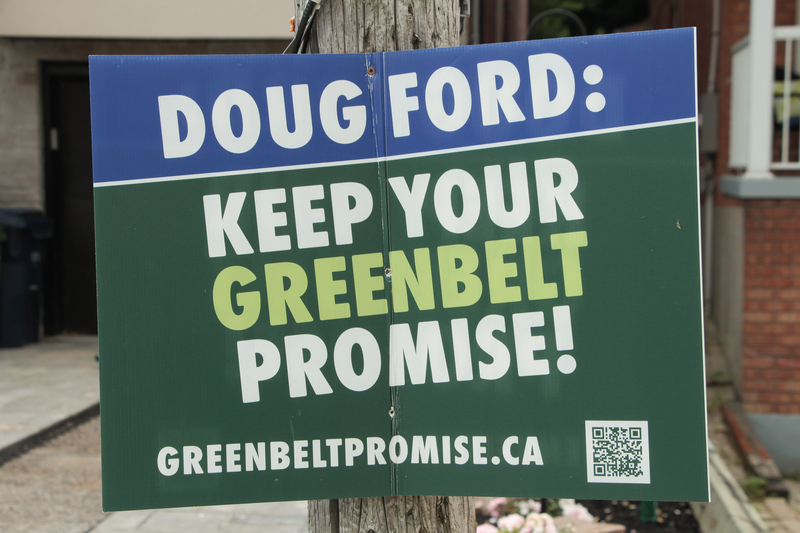
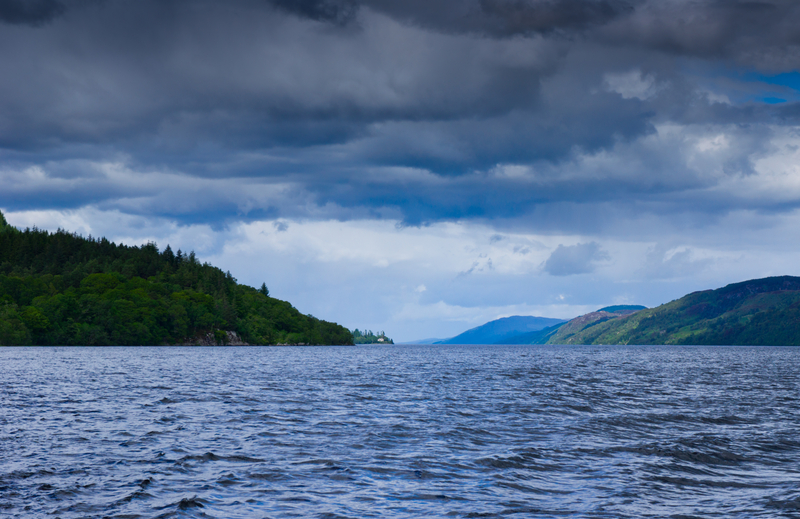
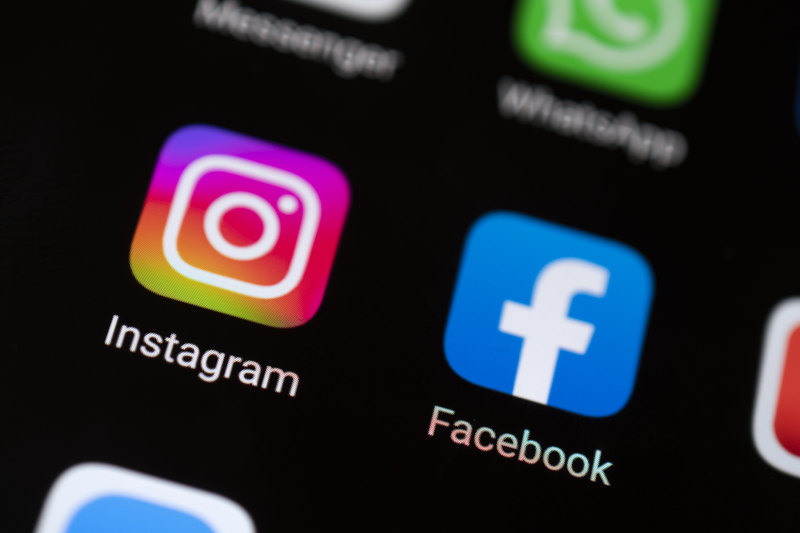




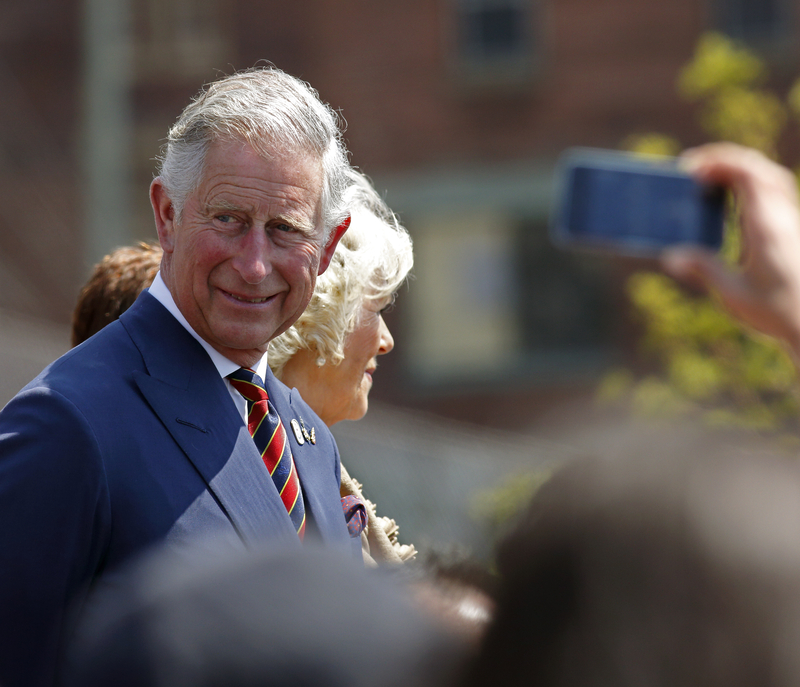
I hate Trump 😡 😡 😡